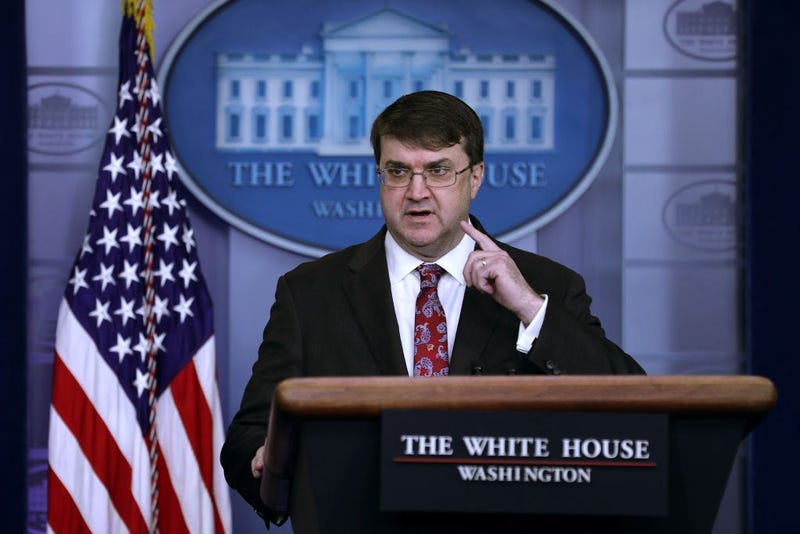
House Appropriations Democrats told the head of the Department of Veterans Affairs that the administration’s $243 billon budget request is a “fantasy.”
VA is asking for $12.9 billion more in funding for 2021, when only $2.5 billion in additional money is available for all federal departments, according to Rep. Debbie Wasserman Schultz, D-Fla.
“VA’s budget request is impossible without slashing and cutting all other departments,” Schultz said. “The administration knows this and is using our nation’s veterans as pawns in a political game.”
The only way the increase would work is with new budget caps, lawmakers told VA Secretary Robert Wilkie at a hearing before a House Appropriations subpanel Wednesday.
“It’s a fantasy budget,” Schultz said.
But Wilkie said he was “asked to provide a budget to indicate to the country that veterans are a priority” and an increasing VA budget is a sign of more veterans getting care and that care improving.
Wilkie once again presented VA as a transformed agency.
“VA is no longer a place where excuses and systemic failures rule the day,” he said.
The largest increase VA is asking for is $11.6 billion more for the MISSION Act, which replaced the expiring Choice Act last year and expands veterans’ opportunities to seek care in VA’s network of private health providers. Last year, VA asked for $8.9 billion to fund MISSION.
“At some point, this is going to be unsustainable,” Schultz said. “Congress warned the administration about this” and tried to negotiate spending cap adjustments, but the administration opposed, she said.
“This is not a good-faith proposal,” Schultz continued. In order to meet VA’s budget increase, the president’s budget proposal “slashes vital programs across the entire federal government, including CDC and NIH and we are in the middle of a public health crisis … This is a budget proposal that is impossible to meet.”
Wilkie said his mandate was to present and defend the administration’s VA budget proposal.
“I was told, and I agree, that veterans are the priority,” he said. “This is the direction we need to head in, particularly as we are given more mandates.”
Rep. Ed Case, D-Hawaii, asked Wilkie what his priorities would be if Congress was not able to deliver the full budget request.
“I fully support the president’s budget … with the health of our veterans being paramount,” Wilkie said.
“We have a very definite sense that veterans are being leveraged for political purposes,” Case said. “It just really looks like the presentation of a completely unrealistic and political budget.”
Appropriations Republicans did not weigh in significantly on the proposed budget increase, instead quizzing Wilkie about VA programs, including transportation, complementary therapies, PTSD treatment, issues in their districts and more.
Rep. Martha Roby, R-Ala., however, attacked Wilkie for a lack of communication about issues at her local VA hospitals, saying VA failed to help for more than 10 months, until the day before the budget hearing.
“These are human beings,” Roby said. “If this committee can’t get a response, imagine how our veterans feel. To say I’m disappointed is an understatement. I have worked tirelessly to ensure my veterans … are getting the care they deserve and I am not getting cooperation. I want you guys to get serious about this.”
VA is the largest medical care provider in the United States, with 9.3 million enrolled veterans.
The 2021 fiscal year budget request is the largest in VA history, Wilkie said, at $243 billion.
If approved as planned by President Donald Trump, the $243 billion 2021 VA budget would make the department the second-largest federal agency, second only to the Defense Department. $243B is nearly double the budget VA had a decade ago and more than five times its 2001 budget.
Wednesday's hearing was one of the first steps in a lengthy VA budget planning and approval process. Lawmakers likely won’t pass a complete 2021 budget until after the November election.
-
Lawmakers split along party lines on $243B VA 2021 budget plan
Wilkie says VA services ‘would disappear’ if America became a socialist country
